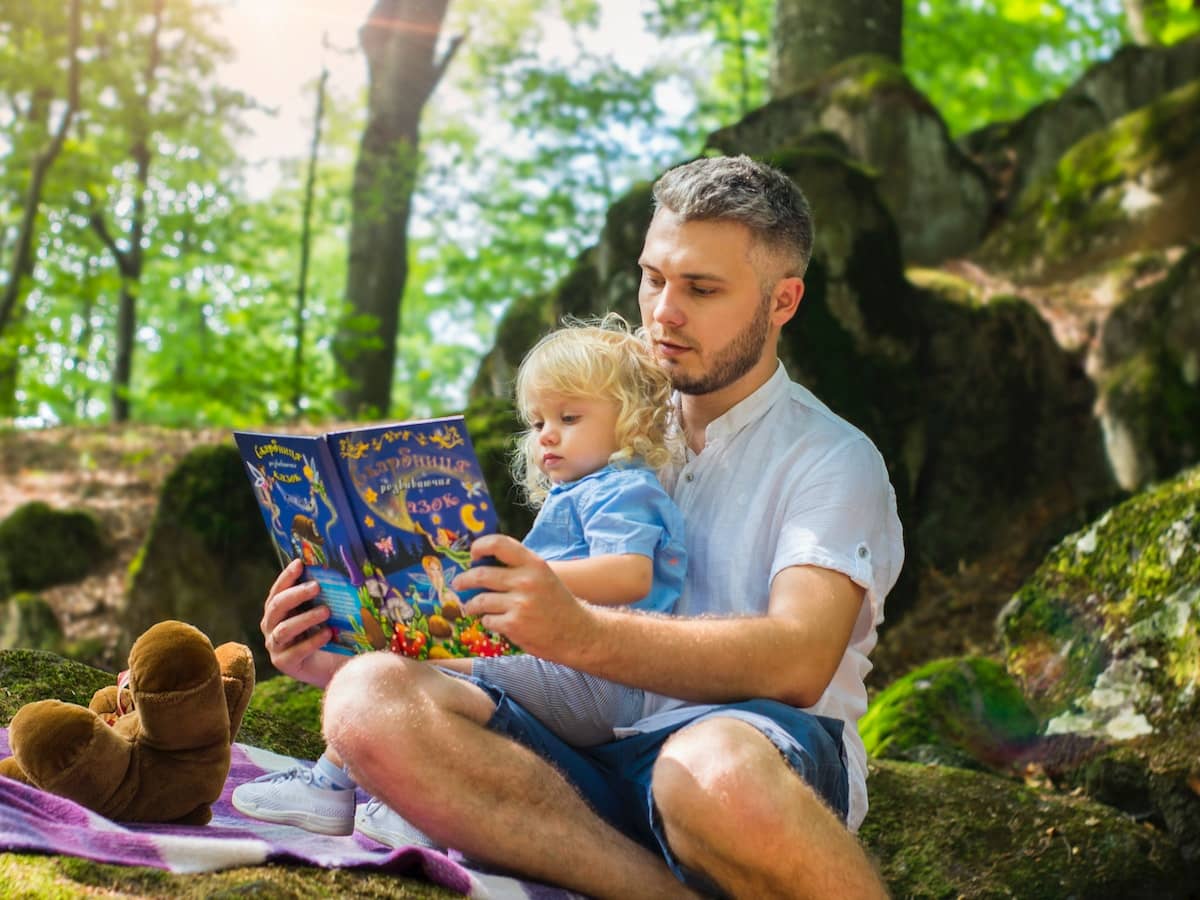Start by raising your own consciousness. Take a ten-minute review of your own experience growing up. Did anyone ever acknowledge the unseen world or freely express their intuitive feelings? Were intuitions seen as positive or weird? Ask yourself if you carry around those attitudes today.
Choose a code word for intuitive experiences. Brainstorm with your kids on what that code word will be. In my family, we called them vibes. Others call them gut feelings or hits. One of my daughters calls them "woolies." It's a way of calling attention to what you're feeling without having to explain or justify yourself.
Have regular family meetings. They're opportunities for parents and children to check in with each other. Take turns talking about what's troubling or challenging you. This helps open up understanding and invites solutions.
Play the "I wonder" game. It's an instant invitation to higher consciousness-and a lot of fun. Suggest your children wonder who's on the phone, what color car will get to the stop sign next, where your keys are, where they put their backpack.
Go on adventures in your own city. When you go off the beaten track or change your routine-even by taking a new route to school-it invites open-mindedness, a key component of intuition.
Invite kids to talk about their dreams over breakfast and do a body check-ask them how the dream made them feel.
It can be scary when a child goes from intuition into full-blown psychic awareness-when he actually tunes into the fourth dimension. What's most scary for a child is to be unacknowledged. Your reaction is key. If you take it in stride and don't act spooked, that takes away 90 percent of the child's fear. Just say, "That's interesting. Thank you for telling me that." Kids don't like to feel different or to know something they shouldn't. They want to feel accepted and part of the normal scheme of things. You can say, "Although this isn't common, in our family it's normal, natural, and valuable."
I've seen people who have died, and so has my daughter Sabrina and many of my clients. I believe that most children are psychic. They have imaginary friends, who I believe are spirits, and precognitive dreams. The important thing is to acknowledge that their experience is real.

